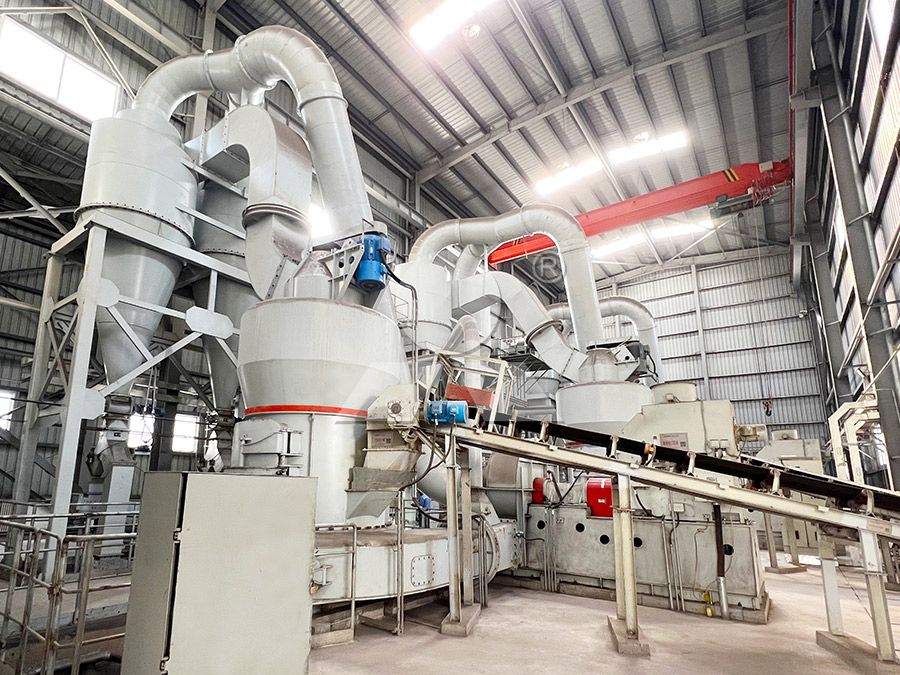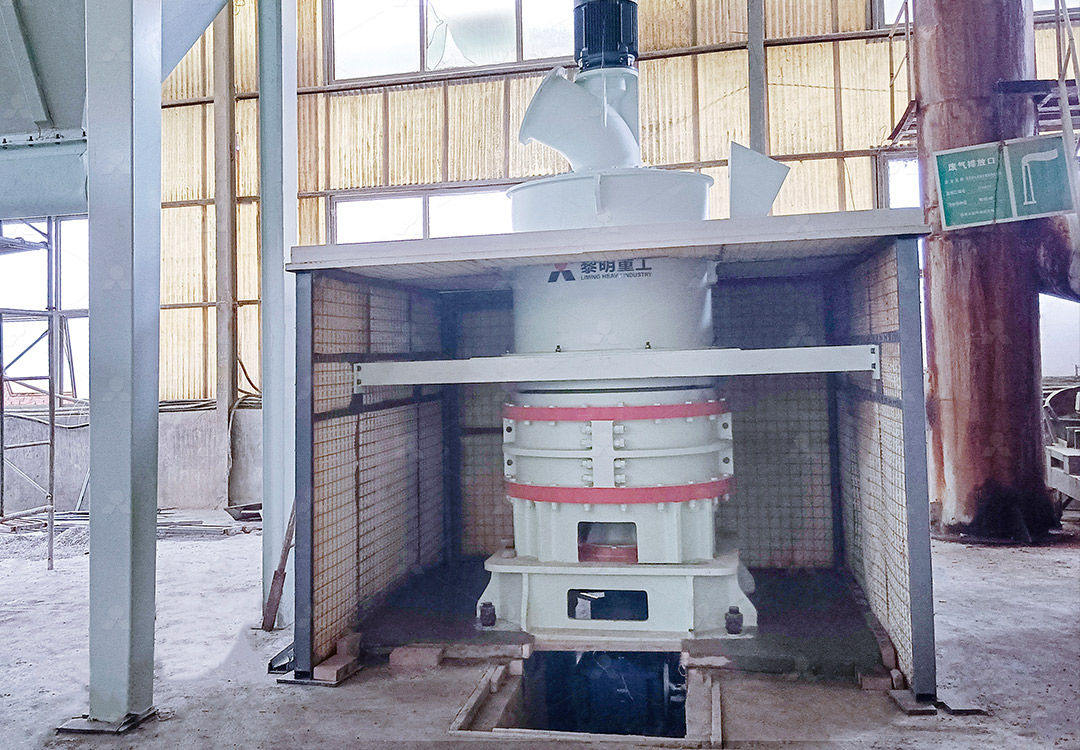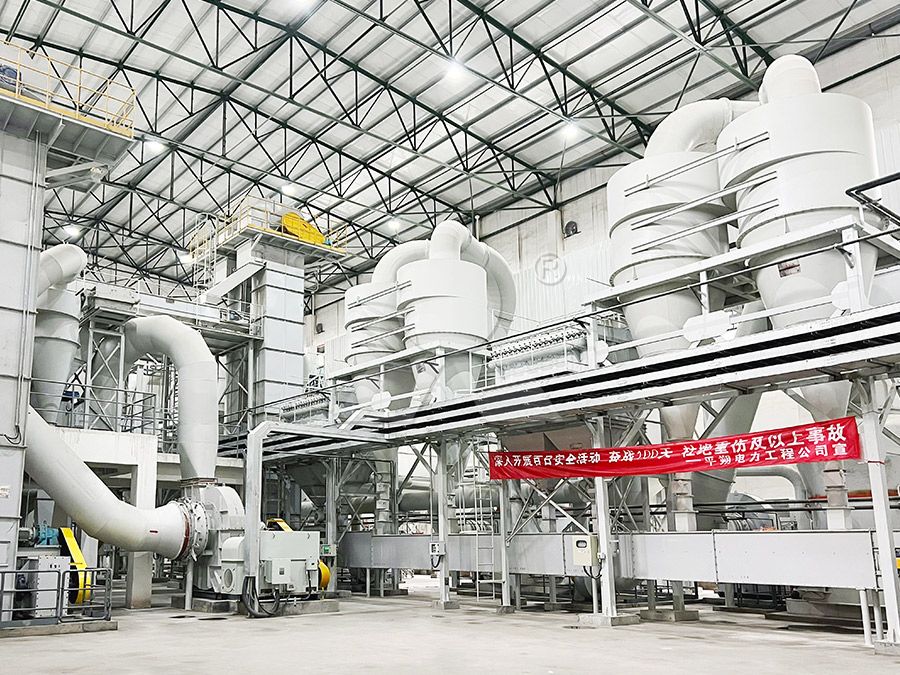Raymond Mill 3019: High Capacity Grinding for Industrial Minerals
We provide a wide range of mills — including Raymond mill, trapezoidal mill, vertical mill, ultrafine mill, and ball mill, obtained ISO9001 international quality certification, EU CE certification, and Customs Union CU-TR certification. Suitable for processing minerals such as limestone, phosphate, quicklime, kaolin, talc, barite, bentonite, calcium carbonate, dolomite, coal, gypsum, clay, carbon black, slag, cement raw materials, cement clinker, and more.
The discharge range of these mills can be adjusted to meet specific processing needs, typically from 80-400 mesh, 600-3250 mesh, and can achieve the finest particle size of up to 6000 mesh(D50).
If you are looking for a reliable grinding solution to turn stone or minerals into fine powder, please feel free to contact our online customer service.
Raymond Mill 3019: High Capacity Grinding for Industrial Minerals
In the demanding world of industrial mineral processing, achieving consistent, high-volume powder production is paramount. The Raymond Mill 3019 stands as a testament to this principle, offering a robust and efficient solution for grinding a wide array of materials into fine powders. Its design philosophy centers on delivering high capacity with operational reliability, making it a cornerstone in facilities processing limestone, gypsum, barite, and other non-metallic minerals.

The mill’s capability to handle an input size of up to 25 mm and deliver a throughput of 0.6 to 5 tph makes it suitable for medium-scale operations where space and energy efficiency are critical. The system’s closed-circuit airflow design ensures that the grinding process is not only efficient but also contained, minimizing environmental impact. However, for operations requiring even finer powders or dealing with more complex material characteristics, the technology has evolved significantly.
Beyond Traditional Grinding: The Shift to Ultrafine Solutions
While the Raymond Mill 3019 excels in its class, the frontier of mineral processing often lies in the ultrafine powder domain. This is where advanced mills like the MW Ultrafine Grinding Mill truly distinguish themselves. Engineered for customers who need to produce ultra-fine powder, this machine represents a leap in grinding technology. With an input size of 0-20 mm and a capacity range of 0.5-25 tph, it is designed for both versatility and high performance.
A key advantage of the MW Ultrafine Grinding Mill is its ability to produce powder with a fineness adjustable between 325 and 2500 meshes, achieving a screening rate of d97≤5μm in a single pass. This is made possible by its advanced cage-type powder selector, which incorporates German technology to enhance separation precision. Furthermore, its innovative design eliminates rolling bearings and screws within the grinding chamber, a feature that virtually eradicates concerns about bearing damage or machine failure due to loose components. This design choice significantly enhances operational reliability and reduces maintenance downtime.

Operational Excellence and Environmental Stewardship
Modern industrial equipment must not only be productive but also environmentally responsible. The MW Ultrafine Grinding Mill is equipped with an efficient pulse dust collector and a muffler system, ensuring that dust and noise emissions are kept to a minimum. The entire production process is designed to have a negligible effect on the environment, aligning with stringent international环保 standards. This commitment to green operation is complemented by substantial energy savings; the system consumes only 30% of the energy of a comparable jet grinding mill while offering a 40% higher production capacity.
For applications demanding a vertical grinding solution, the LUM Ultrafine Vertical Grinding Mill presents another compelling option. Independently designed with the latest grinding roller and powder separating technologies, it integrates grinding, grading, and transporting into a single, highly efficient unit. Its unique roller shell and lining plate grinding curve facilitate easier material layer formation, enabling a high rate of finished products from a single milling pass. This results in not only higher efficiency but also improved whiteness and cleanliness of the final product.

Frequently Asked Questions (FAQ)
What is the primary advantage of the MW Ultrafine Grinding Mill over a traditional Raymond Mill?
The MW Mill is specifically engineered for producing ultra-fine powders (325-2500 meshes) with higher energy efficiency and a more advanced, maintenance-friendly design, such as the absence of internal rolling bearings.
Can these mills handle hard and abrasive minerals?
Yes, both the MW and LUM mills are built with wear-resistant materials and are designed to process a variety of industrial minerals, including hard and abrasive types like dolomite and barite.
How is dust control managed during operation?
The mills are equipped with integrated, high-efficiency pulse dust collection systems that operate under negative pressure, effectively preventing dust spillage and ensuring a clean working environment.
What kind of after-sales support is available?
We provide comprehensive technical services and a sufficient supply of original spare parts to ensure worry-free, continuous operation of your grinding equipment.
